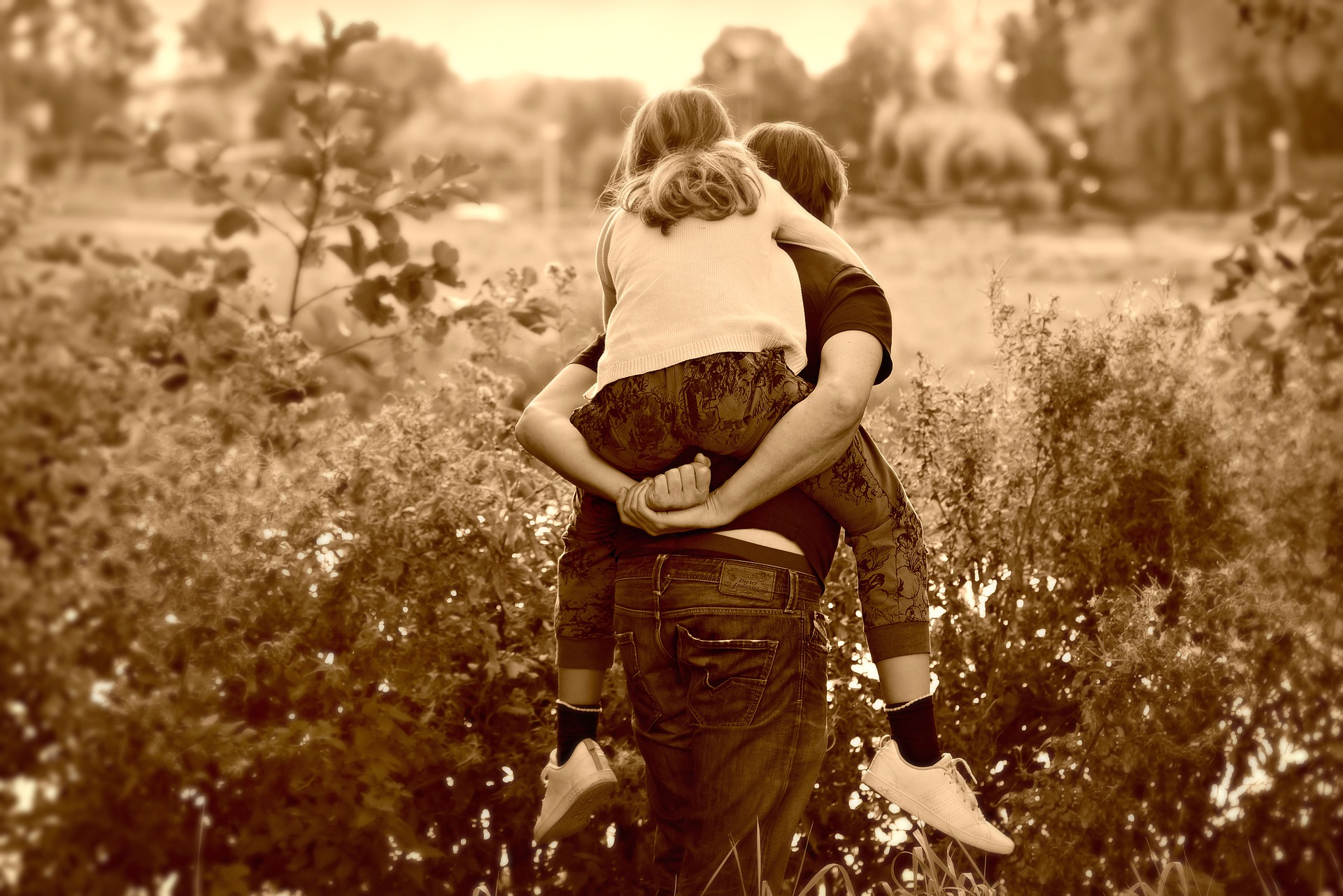We started school back up in our house last week. Which basically means we’re still in our pajamas all day, but now my daughter is doing fraction games online instead of searching for panda coloring pages on Google. (Yes, I’m nailing this homeschool thing.)
People balk when they hear that we started school August 5th, but honestly, in Florida, that decision was a deliberate one. What else is there to do during the oppressive Florida summers, right? And this way, we can take off a day here or a day there when the fancy strikes us or something comes up. We still have enough time to go swimming, run errands, or go to the library. We can do everything we did when we were off of school, except that now I feel like a BOSS doing it all. One of the many benefits of homeschooling.
But the truth is, though my kids have restarted their formal education in the shape of math, science, and reading, there is a different type of education I’ve been thinking about lately, thanks to a new podcast I’m obsessed with.
On the recommendation of another homeschool mom, I started listening to Julie Bogart’s podcast, A Brave Writer’s Life in Brief. A veteran homeschool mom and creator of the Brave Writer language arts curriculum, Bogart touches on all sorts of topics related to homeschooling and education. Bogart’s easy conversational style on the air and overall forgiving philosophy of homeschooling is my jam. I relish listening to each and every one of her podcasts and my heart leapt when I realized she came out with a book earlier this year.
In her book, The Brave Learner, Bogart devotes an entire chapter to what she calls, The Invisible Education, the education that our kids get outside of learning how to read, write, and do math. She writes, “Education is an atmosphere – it isn’t a house. It’s not a program. Education is not accredited teaching. What our children learn at home is largely invisible to us – directly connected to their experience of well-being, the atmosphere of family life.”
And this applies both to homeschoolers and those in traditional school. So much of what our kids learn is not in a textbook. So much of what our kids learn doesn’t relate to school at all. It’s in every interaction we have with them. Whether we look them in the eye when we’re talking to them, how we speak to our spouse, people we like, people we don’t like. It’s in every interaction with another person: the cashier, a customer service rep on the phone, the mailman.
Invisible education means that even when my 9-year old’s bouncing around the house is getting on my last nerve, that I still can speak respectfully and calmly to her. It’s hard, but it’s possible.
I realized recently that this kind of education is more important than anything my kids learn when we do school. It’s the kind of people that they will grow up to be. Will they be hypercritical of the people in their life? Or will they give them grace? It’s up to me, right now. It doesn’t happen by accident. It happens on purpose.
Bogart talks about another concept in this chapter, about being aware of the weather at home. Is your home a sunny place? Are people generally relaxed or is there tension in the air? Though we have no effect at all on whether or not it’ll be a sunny or rainy day outside, as parents we are everything when it comes to setting the weather in our own home.
A big piece of that is just connecting with our kids, on a daily basis. A quick card game, looking them in the eye while they talk, watching a silly YouTube video together. I have to remind myself of this constantly, and remember to see the forest of who I want my kids to be through the trees of daily squabbles. As Bogart writes, “The key feature of our homeschools must be connection – connection never fails.”
Invisible education means that whether we like it or not, we are always on. Our home is a stage and we are the key players. It’s up to us to write the story we want our kids to then bring with them into their adulthood and their own families.

Thank you for writing this! And thank you for using the word parent as a reminder that it is BOTH mothers and fathers who are responsible for this type of education.